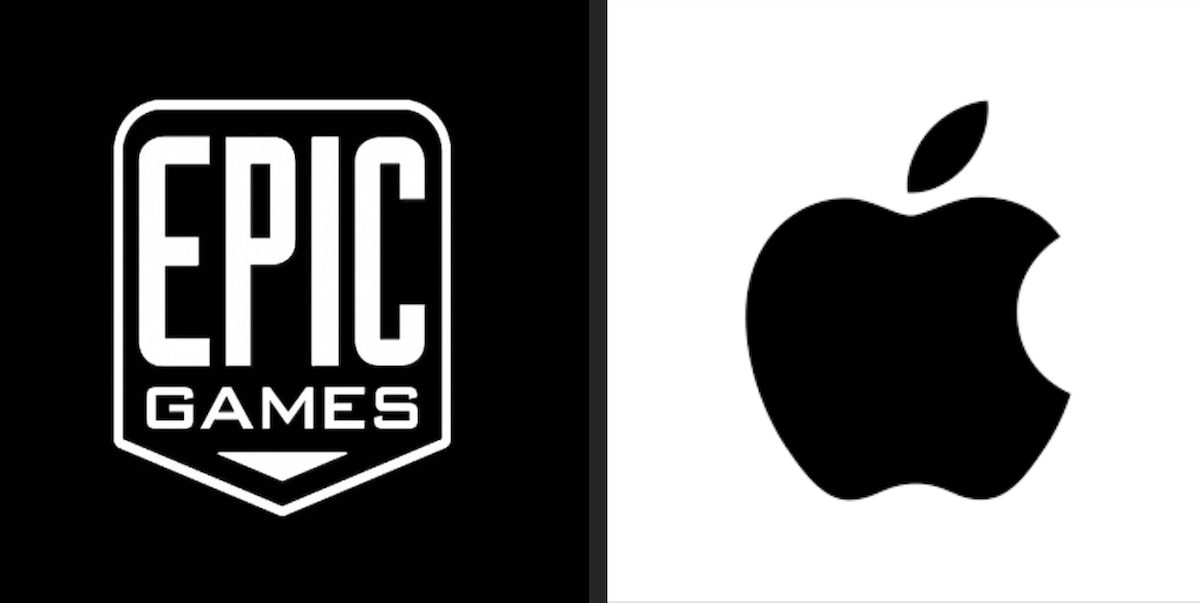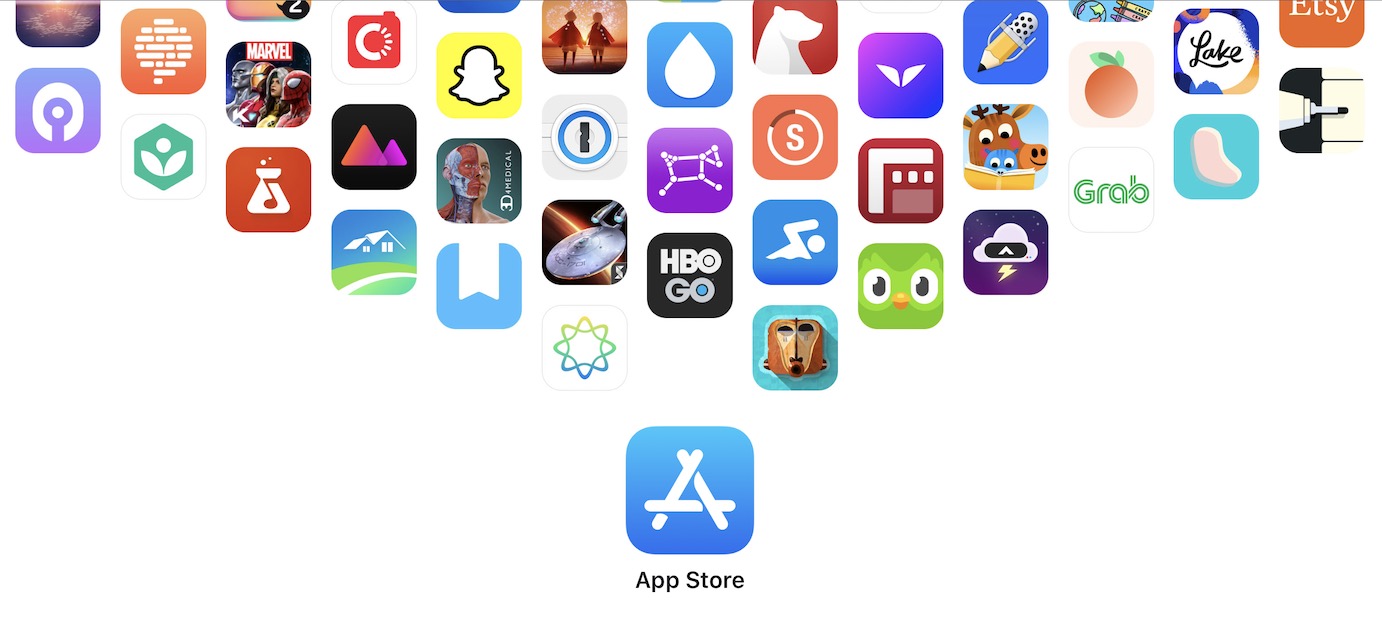As scheduled for May 3, the Epic Games vs. Apple lawsuit court trial has commenced. Due to COVID-19 restrictions, Judge Yvette Gonzalez Rogers ordered the proceedings to be broadcasted virtually with a limited number of people allowed inside the courtroom. And today, the proceeding began with humorous confusion.

GamesBeats reports that before both parties gave their opening statement, the unmuted virtual audience chipped in a few funny bits like,
“I’m going to tell my mom just don’t pick up the line,” said one audience member.
Another said, “Tim Sweeney better know what he’s doing. If he messes up once, we won’t have iOS back. This call is live, by the way.”
Then someone said, “They screwed up and lost their app on iOS.”
“We just want mobile back,” said another. “I’m so poor I can’t afford console.”
This case started with the release of a controversial update by Epic Games on its iOS gaming app, Fortnite. The update violated App Store’s in-app purchases payment method by pushing a direct payment option on the app. Subsequently, the Cupertino tech giant terminated Fortnite, and Epic Games filed a string of lawsuits against the company in the US, UK, Australia, and EU.
Epic Games vs. Apple opening statements at court
In a nutshell, Epic Games is suing Apple to be granted an alternative payment method out App Store and Apple is defending its App Store review, distribution, and commission rules to maintain the sanctity and security of its digital marketplace. @Erin Griffin of The New York Times is updating from inside the courtroom, here are the summaries versions of the Epic Games and Apple’s opening statements.
Epic Games’ opening remarks
Attacking the App Store, Epic Games lawyer read email correspondence amongst Apple’s top executives Steve Jobs, Tim Cook, Phil Schiller, Eddy Cue, and others which reveal that the digital marketplace was designed as “a walled garden that locks people in. The garden could have had a door. There was no reason it needed to be closed.”
Plaintiff’s lawyer claims that Apple create the in-app payment (IAP) structure to attract app developers to use it, otherwise they would not have. And that the Cupertino tech giant has not researched if alternative payment systems are “less secure” than its own. Coming to the real bone of contention, lawyers accused that the 30% commission is not charged to maintain the App Store but to create a monopoly.
In Griffin’s opinion, the iPhone maker can argue that Epic is requesting to undo the trusting and loving relationship, it and developers, have worked hard to build with the users. And will eventually “force” them to license their IP to anyone. Here is what the company argued.

Apple’s opening remarks
Starting with explaining the economic benefits of the App Store, Apple defended the App Store by saying that it has created millions of businesses and jobs worldwide and has “unleashed more than a decade of economic growth.” The company called Epic’s case a “fundamental assault” on the ecosystem which generated more than $750 million for the developer.

Attacking Epic’s Project Liberty, the company argued that Epic Games chose to invest in lawyers, PR, and policy consultants, instead of investing in innovation. Giving its argument a caption that “Epic cannot prove a lie”, Apple debunked Epic’s claim that users do not switch different devices. The company said, it is “absurd” and “not the commercial reality” to argue that iOS is the only way people access games and showed that apps on its digital marketplace are “not interchangeable substitutes..”




8 comments